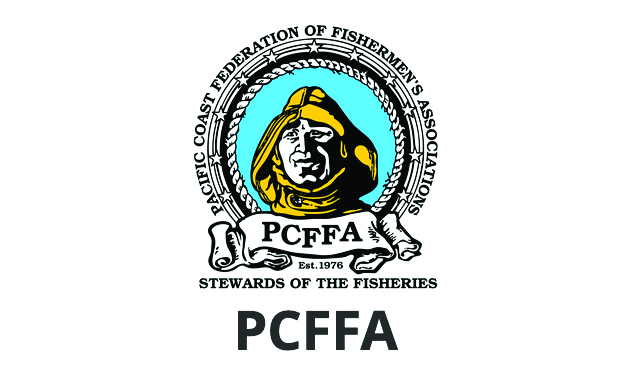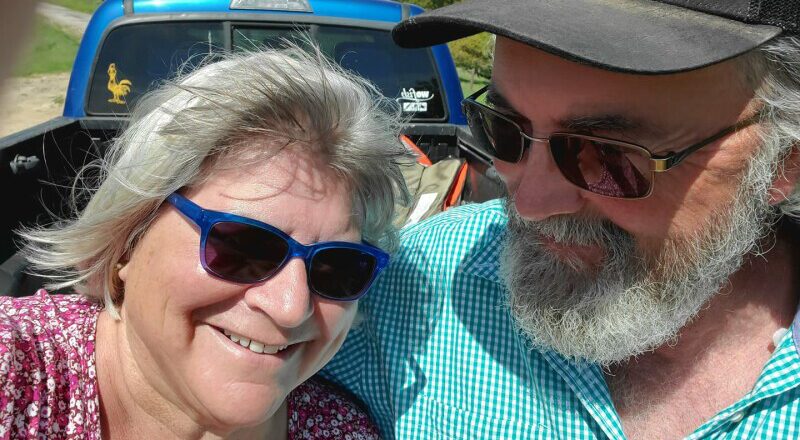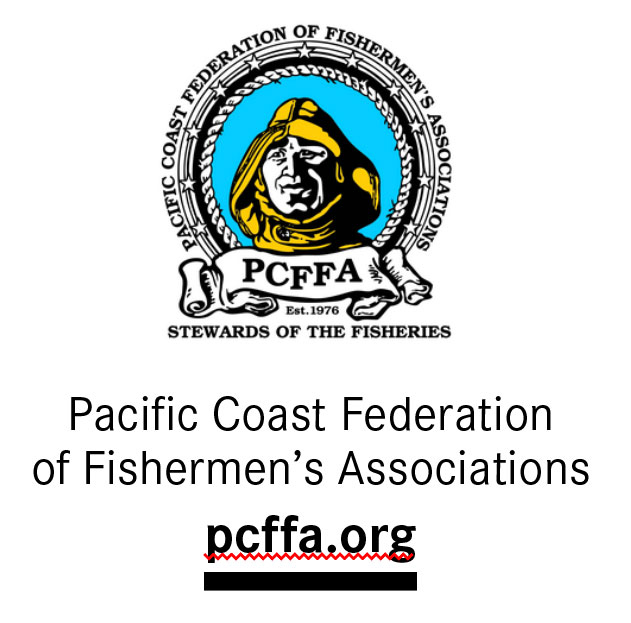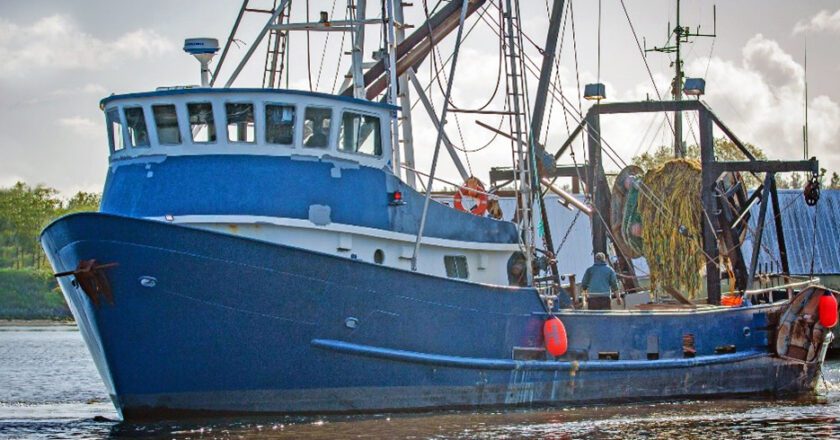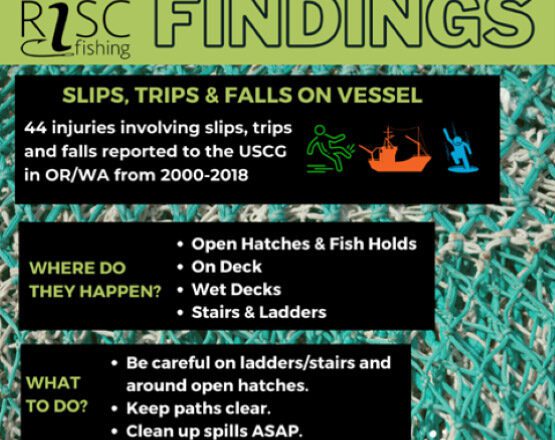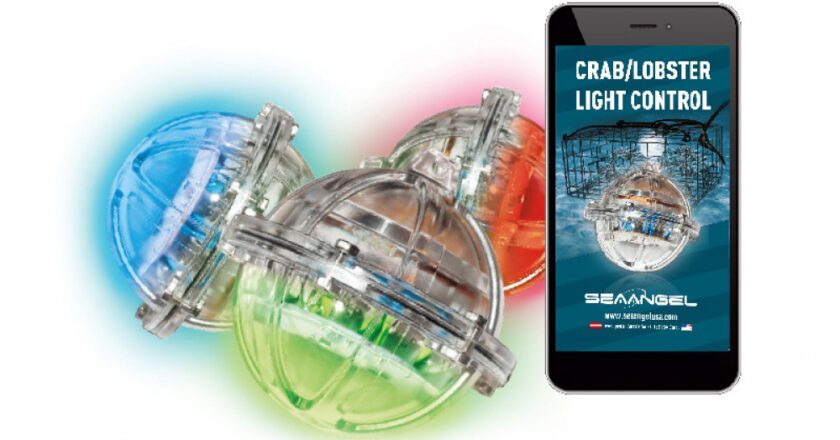The ‘30×30 Campaign’ — What and Why?
As the just released—and very alarming—2023 United Nations Intergovernmental Panel on Climate Change (IPCC) Sixth Assessment Report verifies, there is an across-the-board and strong scientific agreement, now supported by hard data from several independent sources, that the world as a whole is right on the precipice of another Great Extinction Event, triggered by climate change.
The current widespread decline in biodiversity is powered by insatiable human population growth and development that is devastating the natural environment. That, coupled with nearly 200 years of world industrialization that has already thrust fossil-fuel generated carbon dioxide as well as atmospheric methane (which is 21 times more powerful as a greenhouse gas than carbon dioxide) up to levels well beyond the poi...

